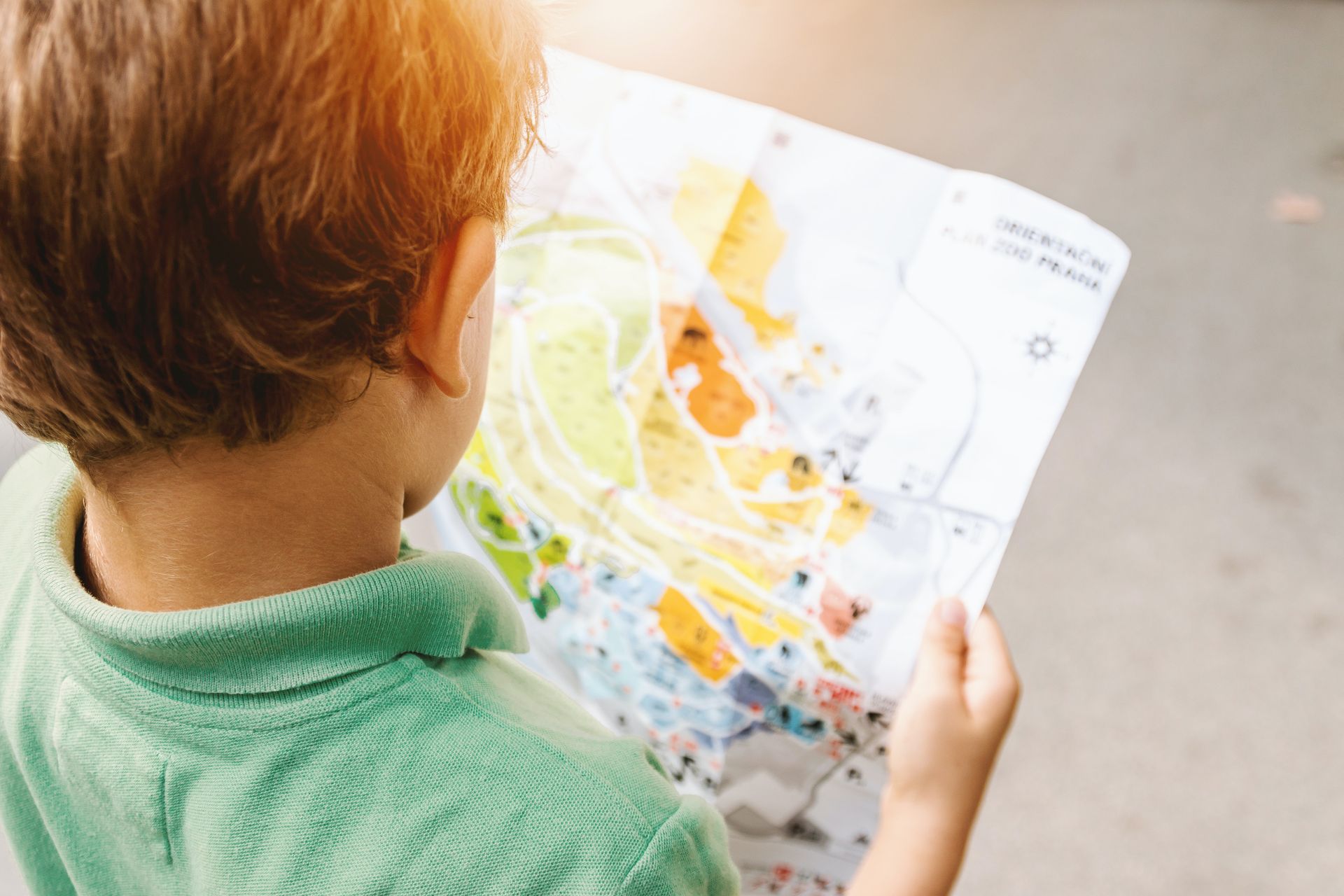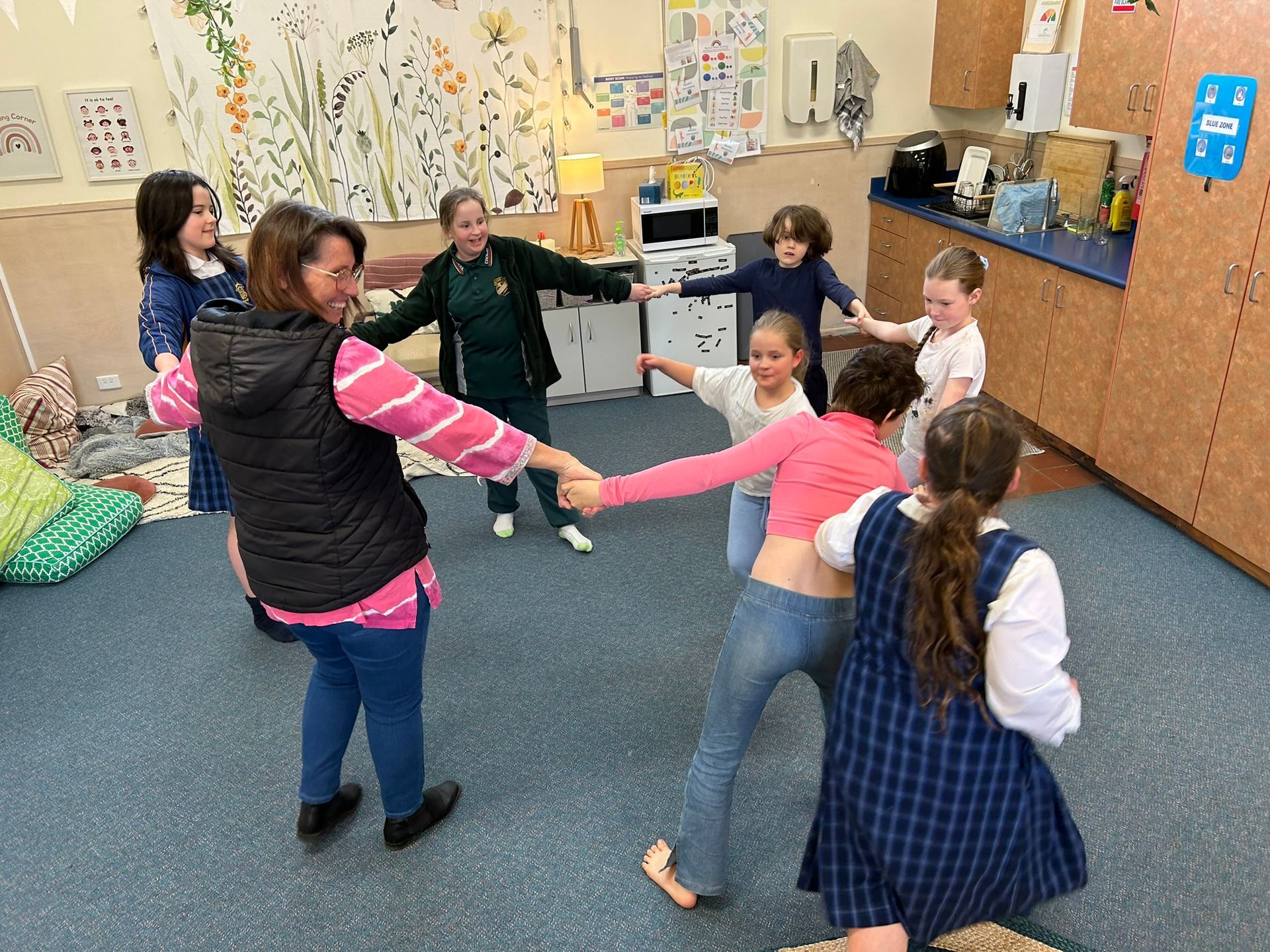Back to School
Tips for Success
For better or for worse, it’s time to start thinking about heading back to school. For some this can be exiting, for others, the safety of home and a long break can make the transition back to school stressful or daunting. Therefore, it's important to think of ways you make the transition back to school as smooth as possible. Here are a few tips.
Review the ROUTINE and remember to visualise it (e.g. checklists, whiteboards, schedules and calendars etc.). Avoid reminding your young person of the routine on the first day of school. Now is the time to review it and iron out any issues. You also have time to practise and forewarn of changes to routine (e.g. catching a bus, after school care, different person doing drop offs or pick ups).
SOCIAL STORIES OR SOCIAL SCRIPTS
Even though your young person may have finished last term knowing the lay of the land, don’t assume they will simply pick up where they left off. Social stories are great to reinforce and remind young people of certain skills, rules or routines and equip them with ‘what-to-do’ strategies BEFORE something goes awry.
Social scrips are equally as great, yet may be more appropriate for older children and teens. Click here to visit the Universal Sandpit. It’s a fantastic website created by a Special Education Teacher who shows how to use AI to create free social scripts (check out their other applications while you’re there).
Consider sending the teacher a SNAPSHOT OF YOUR CHILD or a HOLIDAY UPDATE. This can include a reminder of your child’s strengths, challenges, and strategies that might help. They might have discovered new interests over the holidays or have done something that can help their teacher/s create rapport, from the first day back.
The snapshot could be a letter to the teacher from your child, or a one-page document such as: '10 Things About Me'. Involve your child - get their input. Keep it to one page! High school students might like to send an email to their Mentor or PCG teacher telling them about their holiday or asking questions about the upcoming term. This Planning Tool from Positive Partnerships is an excellent resource to get you started.
The WALK THROUGH
A casual walk through can familiarise and reconnect your child with school. Weekends are a good time to do this, particularly when the school is quiet and you are not rushed. You could even bring the iPad or smartphone and take a videos or photos of the main areas of the school so your child can remember where they can go for different activities or lessons, choices for playtime, or rooms they can find when they are feeling anxious.
TOP UP AND REVIEW BOOKS, EQUIPMENT AND STATIONARY
Check with your child and make sure their essentials are stocked up. You might even like to create an ‘essentials’ pencil case or satchel which has the basics they need every day, for all lessons (e.g. pens, pencils, diary). This is also a good opportunity to speak with your child and review the effectiveness of organisation systems you might have put in place at the beginning of the year. Sometimes parents and teachers can be completely unaware that their best-laid plans have gone by the wayside, or that the young person has worked out their own system that might be working even better. Review and reset is essential!
Note for Year 7 students - Just because they've already done a term at school, doesn't mean they are now pros at high school! Many students in early high school are still struggling with the new academic load, the timetable (which may already have changed from last term), the amount of books, assignments etc. This is the time to chat with them about this and talk to the school if they're overwhlemed.
UNIFORMS
Same goes for uniforms. Check that you have everything (if they’re anything like my children, it is likely that your young person has lost at least one item such as a hat!). This is also a great opportunity to chat with your young person about uniforms that could be causing sensory challenges (e.g. scratchy socks), or difficulties with organisation (e.g. they’re anxious because the change for swimming always makes them late to the next class). If there are issues, don’t be afraid to email the teacher to work out a manageable solution (e.g. maybe your child gets out of the pool 5 minutes early so they have time to get dressed after swimming).
'WHAT-TO-DO CHATS'
If your child is anxious, allow them to express their concerns without jumping in to provide a solution. Together, try to problem solve some 'what to do' scenarios. Ensure your child knows their safe person and safe place from Day 1 of term. Don't be afraid to communicate any concerns with school - if you don't tell them, they may not know and therefore, can't help.
PRACTISE if needed
Whatever your child/teens needs to practise, this is the time to do it. Some children might need practise opening/closing their lunch box or using zips, others packing their bags or getting dressed, while high school students might need practise using their locker combination, setting up their diary or calendar or opening files on their laptop. Whatever needs practising, now is the time!
FRIENDSHIPS - SOCIAL CONNECTIONS
Talk about who your child already knows. Remember, many social issues occur during transition times, morning tea or lunch time. Discuss what your child can do during unstructured times (e.g. morning tea and lunch). Are there clubs they can join? Are there open classrooms at lunch such as the Learning Support Department, Music Room or Library? What games might the other children be playing? Do they need practise playing these games (e.g. handball)?
Note: If your child has had difficulties with teasing and bullying, now is the time to talk about strategies, and involve the school. You want them (and you) to start the new term with a plan so it doesn't keep happening.
COPING/CALMING STRATEGIES
Do you need to pack fiddle or sensory tools? Does your child need headphones or air pods or Loop ear plugs? Do they have one or two 'go to' strategies to use when feeling overwhelmed? Do they know their safe space or safe person at school? Remember to ask your child what works for them.
TAKE CARE OF YOU!
OK, now you've prepared your child or teen, what about you? Get out your phone and set a reminder for a specific day/time to do something you enjoy - whether it's a cuppa on your own or with a friend, going for a walk or having a hot bath when the kids are at school - set an intention to do it, you deserve it!










